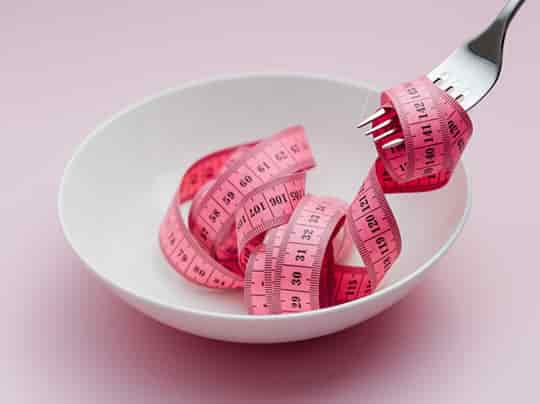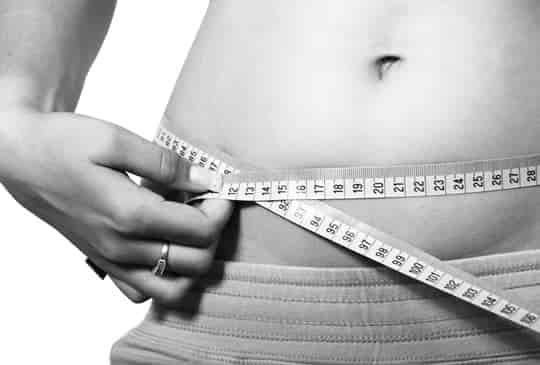This weight loss tip uses reverse psychology.
When people are reminded how difficult it is to lose weight, it boosts their self-control, recent research finds.
The study found that people who are told that the temptations are too strong and their self-control too weak, actually developed more self-control.
By telling people how hard something is, they become more determined to overcome it.
Ironically, this form of reverse psychology works, the study suggests.
Professor Michael Lowe, the study’s first author, explained:
“We said, ‘It’s impressive and encouraging that you are taking this step to improve your weight and health, but we need to help you understand the daunting challenges you’re facing.’
The reason we did this was not to discourage them, but to give them a more realistic sense of how crucial it is for them to make lasting changes in their parts of the food environment that they could control.”
The study included 262 overweight and obese people.
Half were given cognitive therapy while the other half made changes to the food environment in their homes.
Both groups lost the same amount of weight, the results revealed.
However, some people were reminded how difficult weight loss is as an incidental part of the home food environment (HFE) group.
This group ended up losing more weight.
Professor Lowe explained:
“…by questioning the usefulness of building self-control skills, the HFE treatment may have bolstered the very capacity it was meant to downplay — stronger self-control with regard to food.”
Professor Lowe thinks that weight loss groups need to consider the type of support they provide:
“Rather than acting as cheerleaders giving facile encouragement, leaders of weight loss groups might serve their clients better by providing a more sobering description of the challenges participants face.”
The study was published in The American Journal of Clinical Nutrition (Lowe et al., 2018).








